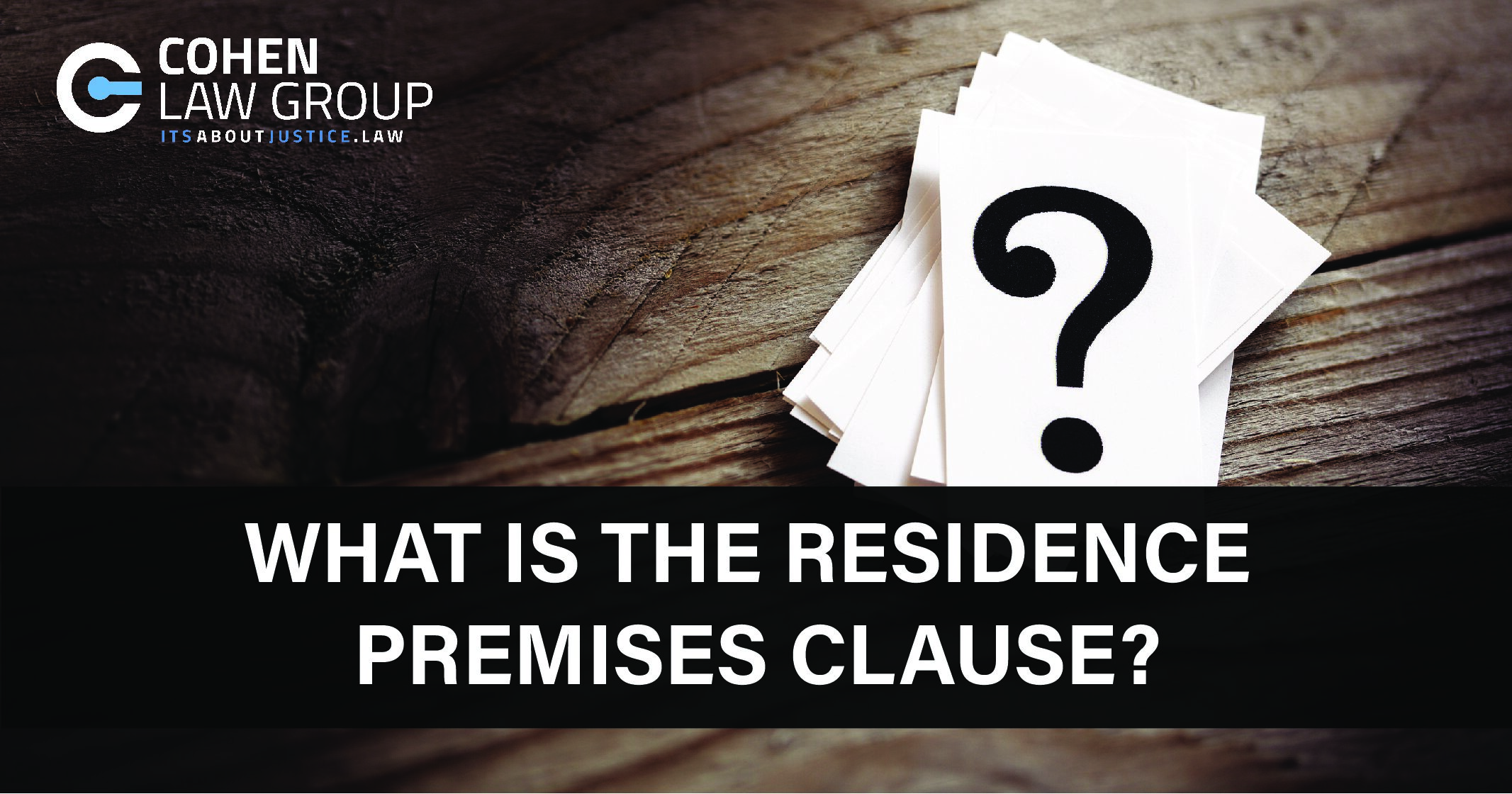Most policies provide insurance coverage for the Residence Premises and though each
policy’s definition of the Residence Premises varies, most define the Residence Premises as the
following:
a. The one family dwelling where you reside;
b. The two, three, or four-family dwelling where you reside in at least one of the
family units;
c. The part of any other building where you reside and which is shown as the
“residence premises” in the Declarations
However, the Residence Premises provision of homeowner’s insurance policies has
created longstanding disputes as to what this provision actually means. Does this provision
require the insured to only reside at the property address shown in the Declarations or will any
residence do so? The Northern District of Florida considered this very question in its Order
Denying Summary Judgment in the case of Lamonica v. Hartford Insurance Company of the
Midwest.
In Lamonica, Plaintiff inherited the subject property from his mother. The subject
property was not Plaintiff’s primary residence, he lived in a distant city. Mr. Lamonica routinely,
though not frequently, came back and stayed in the house, and he regarded and intended to keep
the house as the family homestead- as a permanent residence. Though Mr. Lamonica allowed his
brother to live in the house, he did not rent the house to others or allow activity different in kind
than would be expected for any full-time, permanent resident of a single-family home.
Florida courts have also discussed the Residence Premises issue in Arguelles v. Citizens
Prop. Ins. Corp. In Arguelles, the insured moved out of the subject property and maintained it
only as a rental property. The 3rd District Court of Appeals held that the named insured did not
reside at the insured property because it was only being rented, therefore no coverage was
afforded under the policy.
The Lamonica Court distinguished the circumstances in Arguelles from those present in
the case before the Court because Mr. Lamonica never rented the home or maintained it in a way
that was inconsistent with the intent to keep it as his permanent residence. The Lamonica Court
ultimately decided that the residence-premises clause does not mean that the house was covered
only if it was the plaintiff’s sole or even primary residence. Any residence will do. When
considering whether your residence at the insured property meets your policy’s definition of the
Residence Premises, please consult with a qualified attorney.
LASHANA HAMILTON, ESQ.

